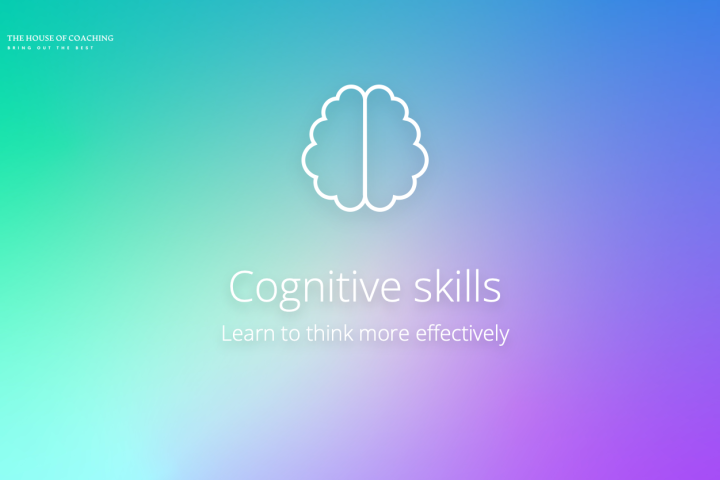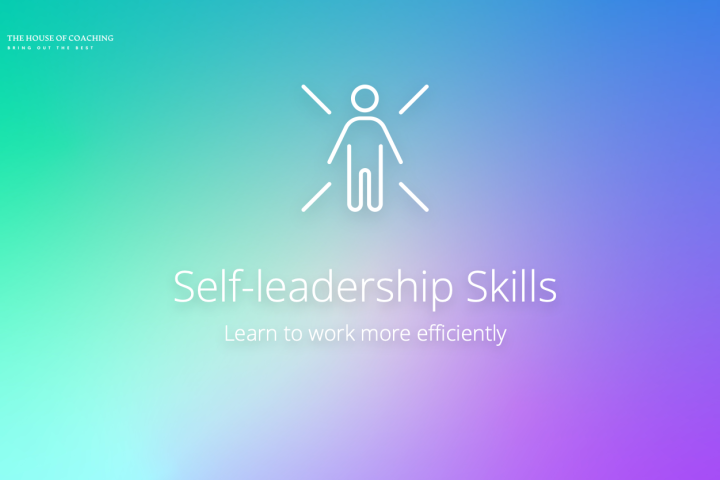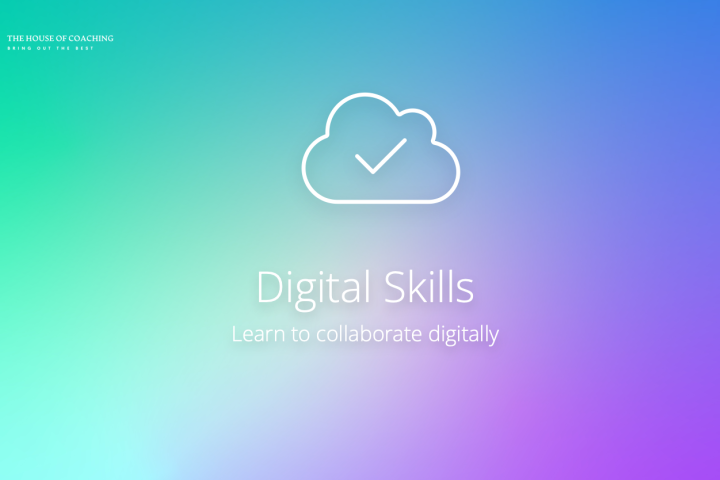

The 21st century is a time of rapid change and development, with technology playing an increasingly important role in our daily lives. This has led to a growing demand for skills needed to survive and excel in today's job market and society. These skills are often referred to as "21st century skills".
The 21st century skills are often divided into four categories: critical thinking and problem solving, creativity and innovation, communication and collaboration, and digital skills.
Critical thinking and problem solving are skills needed to solve complex problems and make decisions. This includes analysing and evaluating information, identifying connections and formulating solutions.
Creativity and innovation are skills needed to generate new ideas and devise solutions to challenges. This includes the ability to think outside the box, working with diversity and using technology to create new opportunities.
Communication and collaboration are skills needed to communicate and work effectively with others, both in person and online. This includes the ability to articulate information clearly and effectively, listening to others and working in teams.
Digital skills are skills needed to work effectively with technology. This includes the ability to work with computer programmes and mobile applications, process information and use the internet.
21st century skills are critical for success in today's job market and society. Schools and colleges are increasingly aware of the need to teach and develop these skills in students. Employers are also looking for employees with these skills to compete in the rapidly changing world.
What are good books or resources related to 21st century skills?
There are many books and resources available that focus on developing 21st century skills. Here are some examples:
- "The Innovator's Dilemma" by Clayton Christensen: This book discusses how companies can encourage innovation and survive in a rapidly changing environment.
- "Creative Confidence" by Tom Kelley and David Kelley: This book describes how people can develop their creativity and how to implement their ideas.
- "Drive: The Surprising Truth About What Motivates Us" by Daniel H. Pink: This book covers the science of motivation and how people can drive themselves and others to perform better.
- "The Power of Communication: Skills to Build Trust, Inspire Loyalty, and Lead Effectively" by Helio Fred Garcia: This book is about how people can develop more effective communication skills.
- "Digital Minimalism: Choosing a Focused Life in a Noisy World" by Cal Newport: This book is about how people can optimise their digital skills by spending less time with digital distractions and more time on the things that really matter.
There are also many websites, blogs and podcasts available that focus on 21st century skills development, such as Edutopia, MindShift and 21st Century Skills. Many online courses and training programmes are also available, such as those offered by Coursera, Khan Academy and edX.
How can you ensure that people on your team acquire these skills?
There are several ways to ensure that people on your team acquire 21st century skills:
- Leadership: As a leader of a team, you can set an example and ensure that your team members are aware of the need for these skills. Offer training and support and create a culture where these skills are encouraged and valued.
- Training and development: Offer training and development opportunities for your team members to improve their skills. This could be in the form of internal workshops, seminars or external courses.
- Practice: Gives team members a chance to apply skills in practice. This can be done by giving them assignments that challenge their skills or having them work on projects that allow them to use their skills.
- Feedback and coaching: Offer feedback and coaching to team members to help them improve their skills. This can be in the form of individual discussions or group meetings.
- Supervision in the workplace: Give team members a chance to learn from each other by having them work together on projects or shadowing more experienced colleagues.
- Flexible working environment: Create a flexible working environment where team members have the freedom to explore their own ways of working and improve their skills.
As a team leader, you can strengthen 21st-century skills in your team members by creating a culture of development, offering training and development opportunities, providing hands-on experience, providing feedback and coaching, letting team members learn from each other and creating a flexible working environment.




